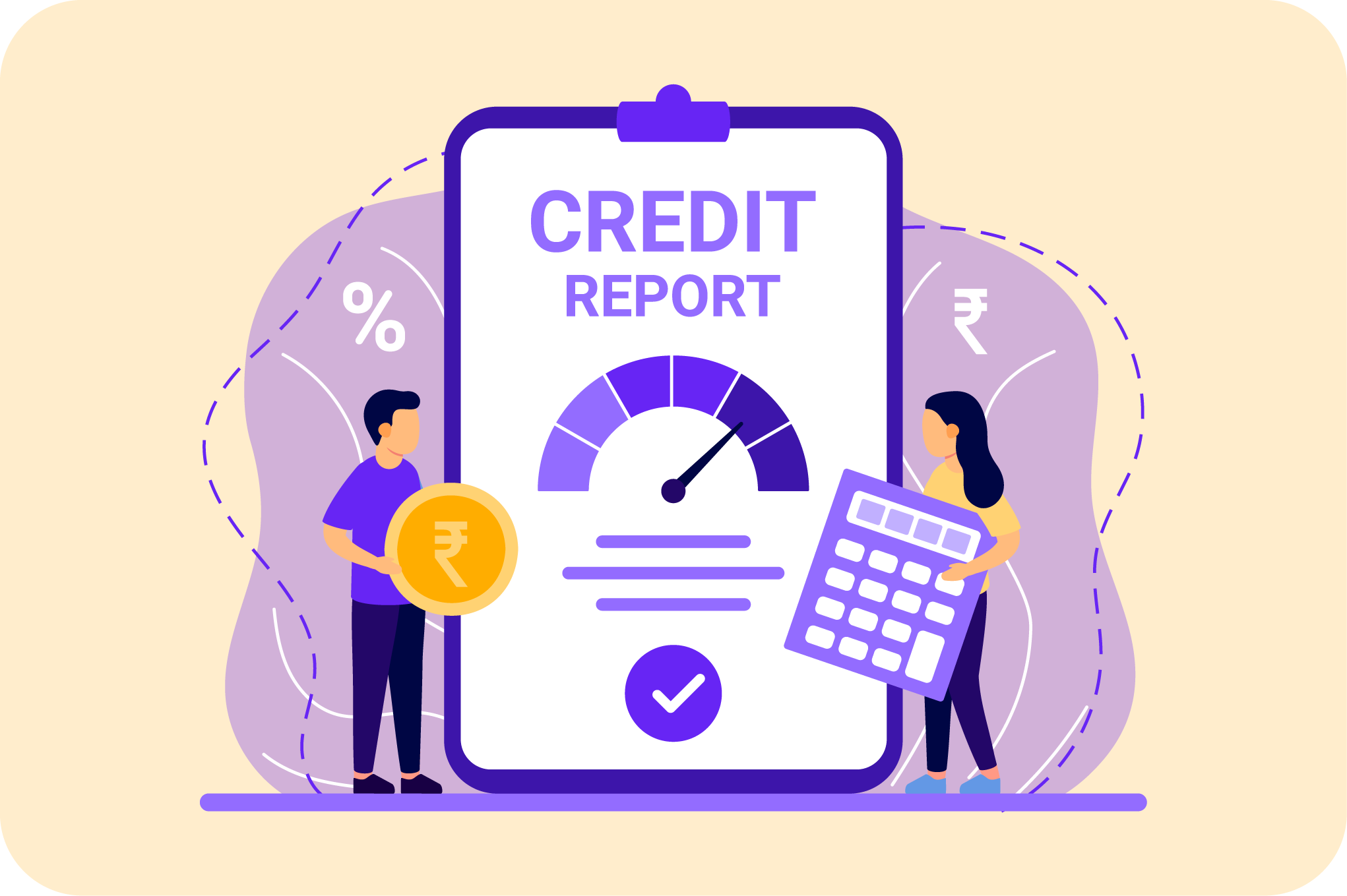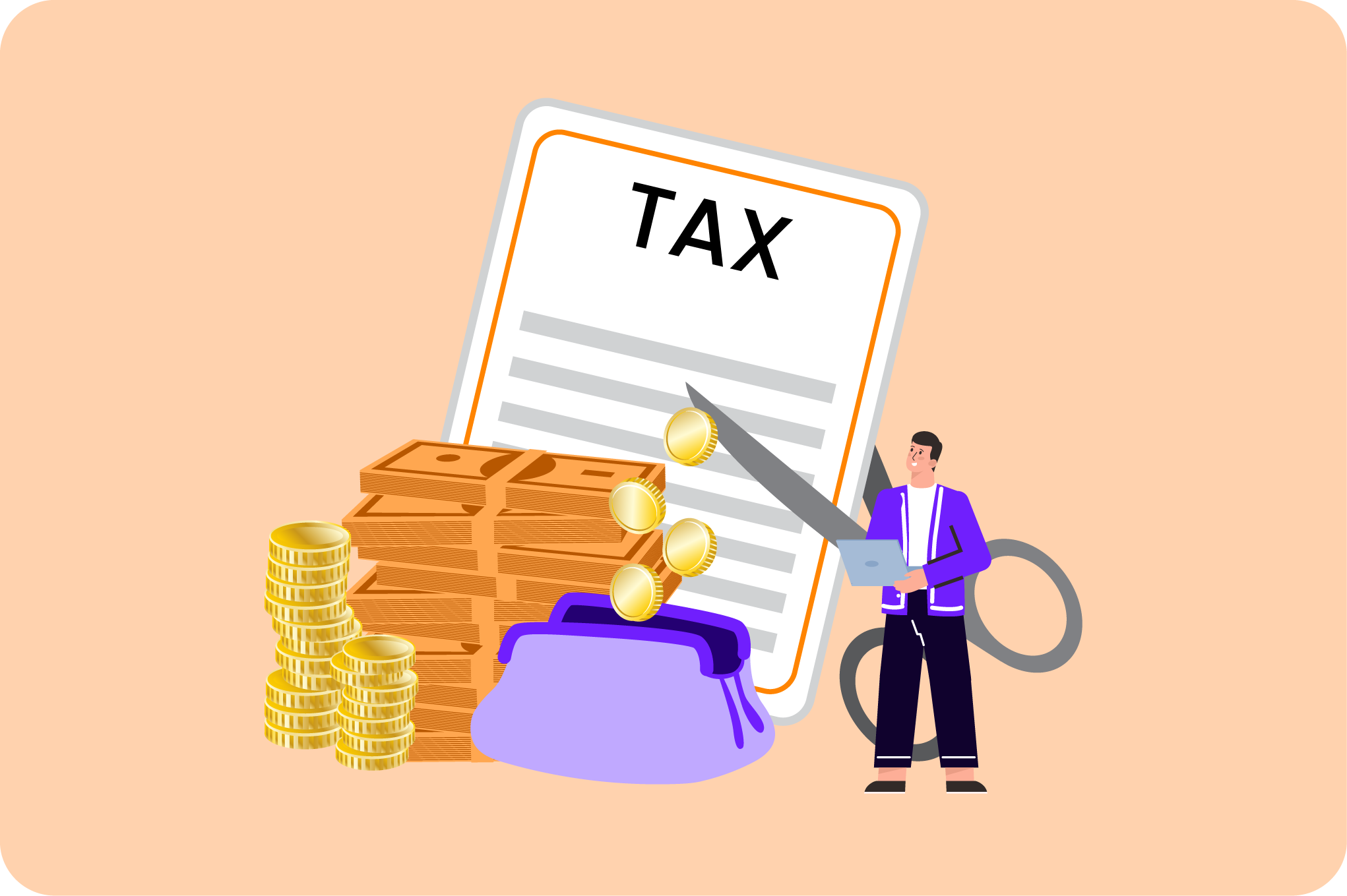Guide on How to Increase Credit Score
If you have been struggling to get your loan approved, your credit score could be the reason. Just knowing about credit score and its importance is not enough. You should also know how to increase credit score and avail loans easily.
What is a Credit Score?
Credit score is a numerical representation of your creditworthiness. Credit bureaus score your loan repayment capability based on your past credit behaviour and credit report. Depending on your credit score, lenders can form an opinion about your possible credit behaviour. This helps them decide whether they can trust you with their money.
This score ranges between 300 - 900, where the closer you are to 900, the better it is for you. The preferable score lies between 750-900. Various banks and NBFCs allow you to check your credit score online on their website, for free.
How Can a Good Credit Score Help You?
Now that you know what credit score is, you should also understand its importance. Here are a few points to help you understand its significance:
- Your credit score is the first impression that you leave on the lender. Having a higher credit score means you would likely be able to repay the loan easily. So if you have this score on the higher end, it improves your chances of getting a loan.
- A higher credit score gives you better negotiating power when applying for a loan. You can negotiate for more affordable interest rates and terms that are favourable to you.
- If your credit score is high, credit card companies see you as a good debtor who repays loans on time. They approach you with their best offers without you having to go to them.

Guide on How to Increase Credit Score
You should not lose hope if your credit score is low, because you can always increase it as this is not a permanent score. It would help if you took the necessary measures to improve the score over time. Here are a few pointers on how to increase credit score:
1. Repay Debts
The first step towards increasing your credit score is to pay your outstanding dues. These unpaid debts create a wrong impression on the lender as well as on your score and credit report, so you can start by rectifying that part.
2. Pay Your Credit Card Bills and EMIs on Time
Every time you default on paying your credit card bills and EMI payments, your credit score takes a hit. To avoid it, ensure a disciplined repayment of your bills.
3. Avoid Frequent Loan Applications
When you apply for a loan, the lender makes a credit inquiry which shows on your credit report. So, avoid applying for multiple loans and credit cards, because lenders will perceive you as a person who is desperate to get credit. Ensure to keep a significant gap when applying for different credit options.
Takeaway
Now that you know how to increase your credit score, it's time you start working on it. It helps lenders and credit agencies put their trust in you while extending credit. If you don’t have a credit score or a poor one, start by being patient. It will take you some time and disciplined financial behaviour to build a good credit score, but you will get there.



Leave a comment